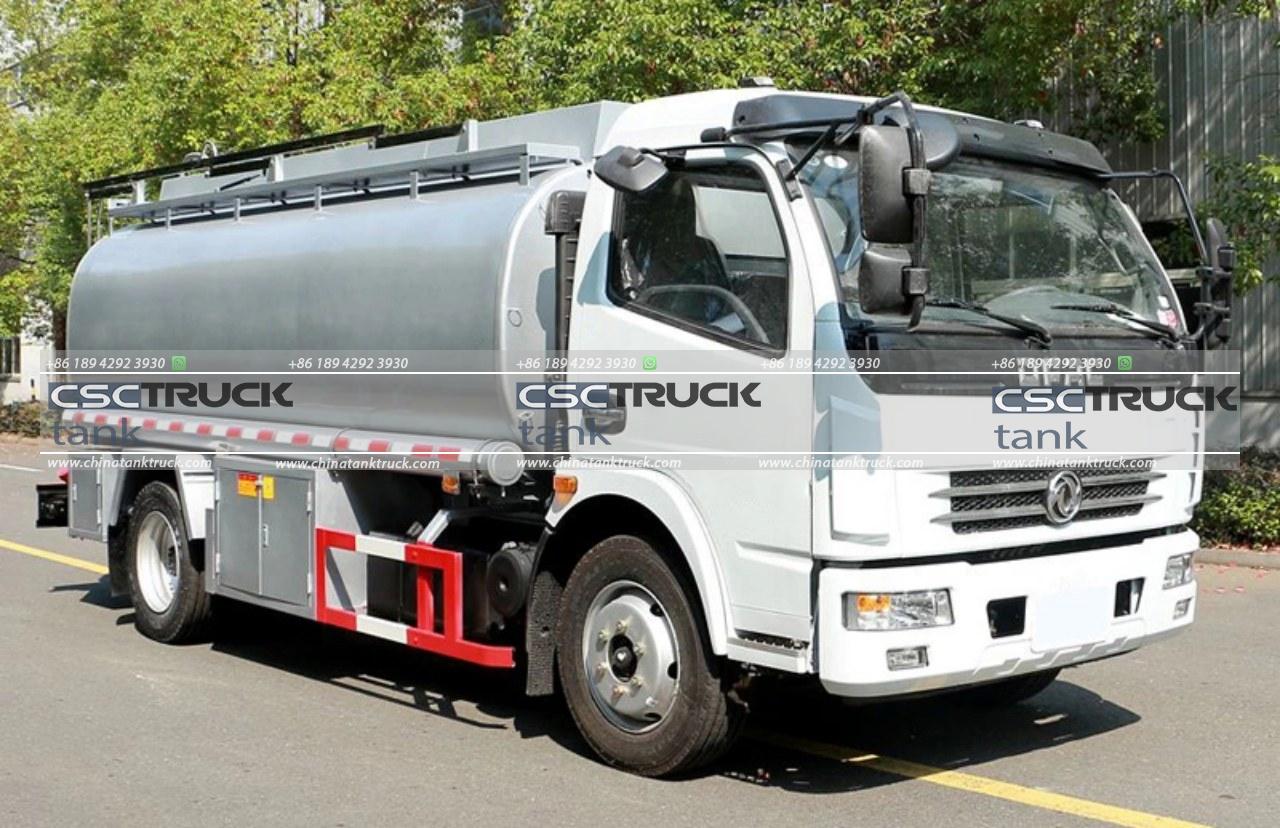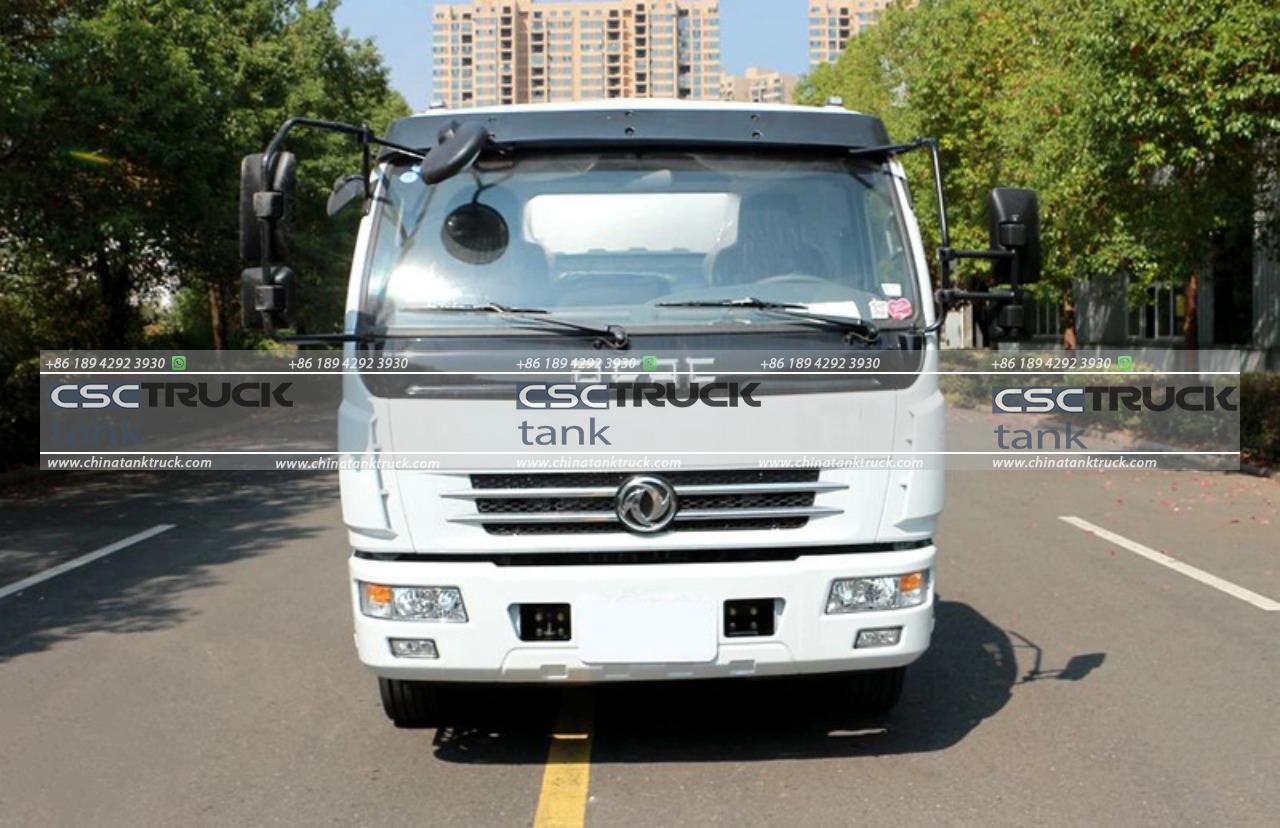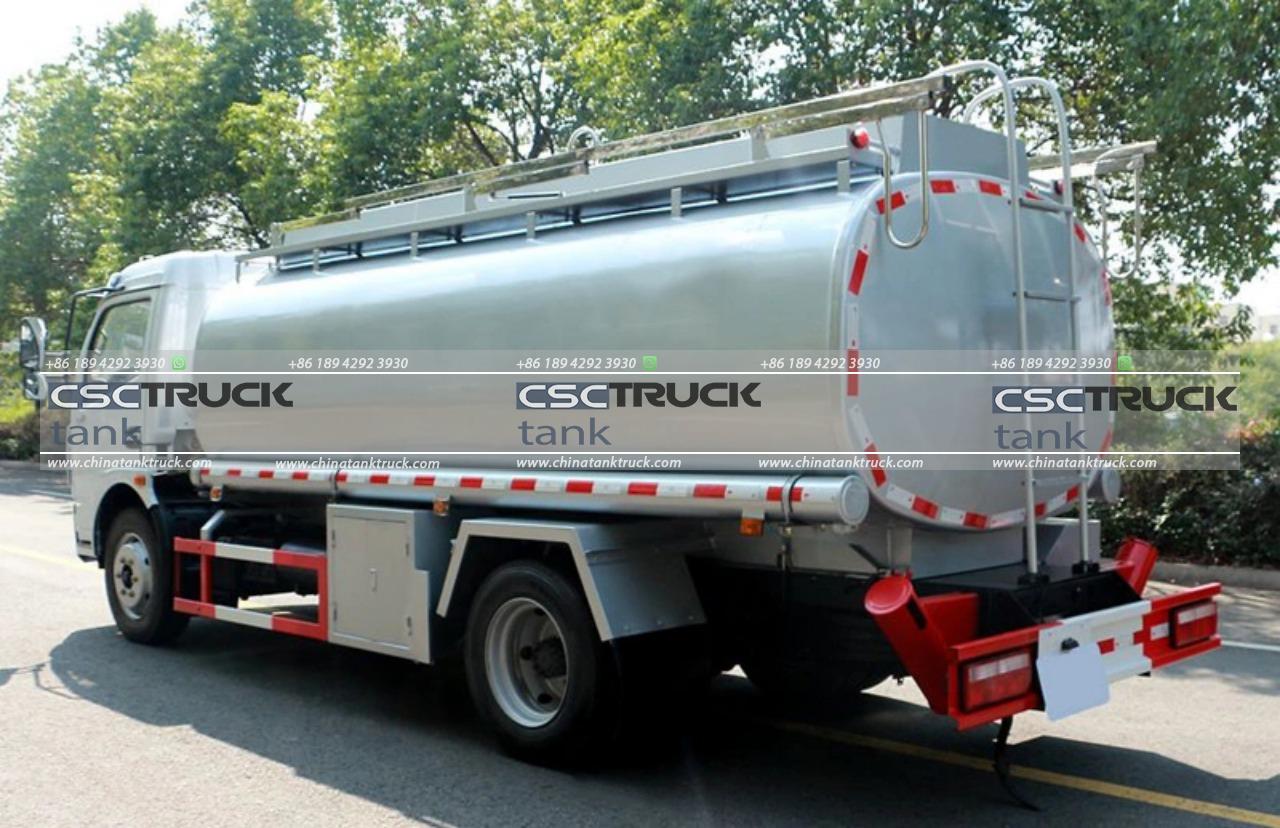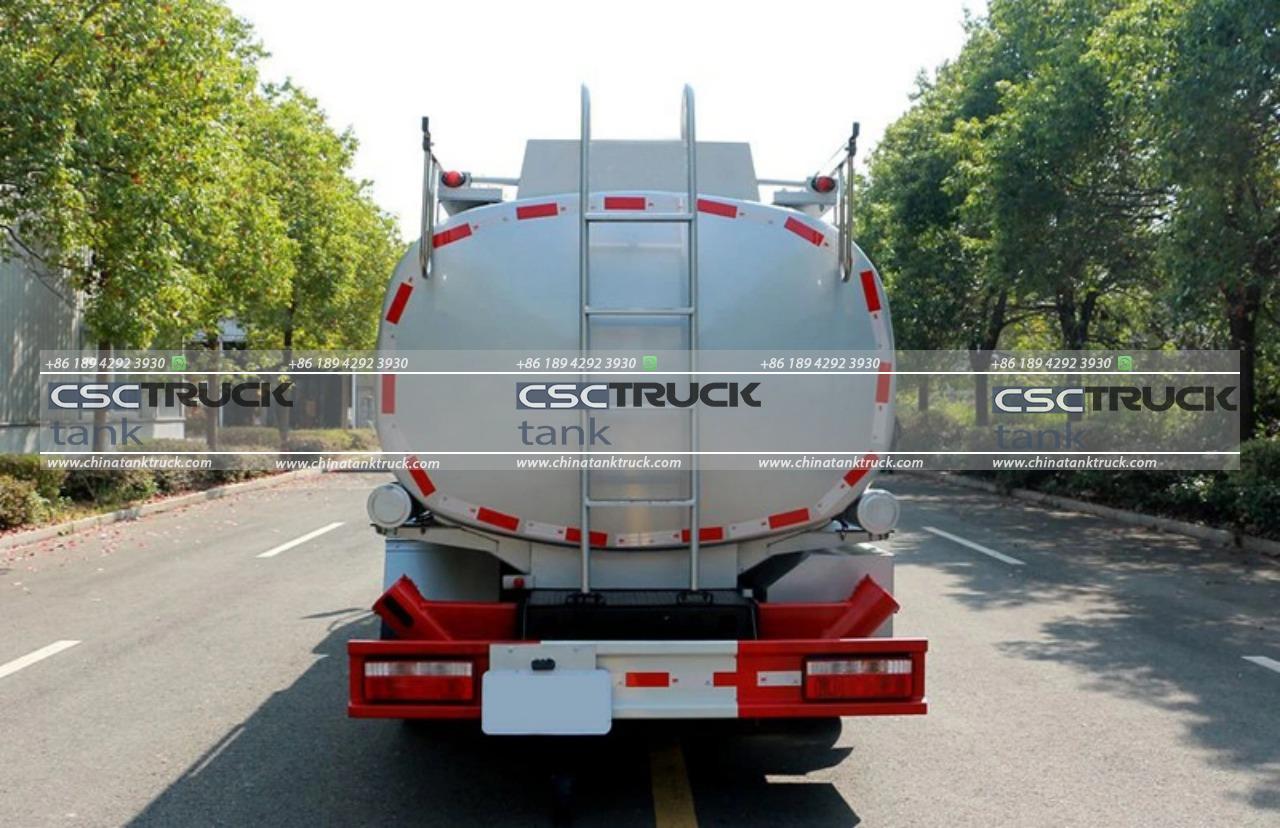A fuel truck, also known as a fuel tanker, is a specialized vehicle designed for the safe transport, storage, and dispensing of fuel and other flammable liquids. This article delves into the fundamental aspects of fuel trucks, their different types, key design features, applications, and safety considerations.
Understanding the Purpose of a Fuel Truck
The primary function of a fuel truck is to transport fuel, which can include gasoline, diesel, aviation fuel, or even chemicals like kerosene and ethanol. Fuel trucks are integral to industries that rely heavily on a steady supply of fuel, such as transportation, aviation, mining, agriculture, and construction. Due to the hazardous nature of the substances they carry, fuel trucks are designed with strict safety features to prevent leaks, fires, and contamination.

Key Components of a Fuel Truck
A fuel truck comprises several specialized components that ensure the safe and efficient transport of fuel:
1. Tank Compartment:
The tank itself is often cylindrical and built from materials like aluminum or stainless steel, chosen for their durability and resistance to corrosion. Tanks are also often compartmentalized to enable the transportation of different fuel types in a single journey, improving versatility and reducing the number of trips needed.
2. Pump and Dispenser System:
The fuel truck is equipped with a pumping system that allows fuel to be easily loaded and offloaded. The dispenser is typically located at the back of the truck and is designed to allow precise control over fuel flow, preventing spills and wastage.
3. Valves and Hoses:
The truck uses various hoses and valves for loading, unloading, and dispensing fuel. These components are made from fuel-resistant materials to prevent leaks and contamination. Emergency valves can automatically close in case of a malfunction, preventing fuel from escaping and reducing the risk of fire.
4. Metering System:
Advanced fuel trucks are equipped with electronic metering systems that keep track of the volume of fuel being dispensed. This is essential for accurate billing and inventory management.
5. Safety Equipment:
Fuel trucks are required to have various safety features, including fire extinguishers, grounding cables, and emergency shutdown systems. These safety measures are essential to protect both the driver and the surrounding environment from potential hazards.
Types of Fuel Trucks
Fuel trucks come in various types, each designed for specific purposes. The 3 primary categories are:
1. Tankers for Refueling Stations:
These trucks are commonly seen delivering fuel to gas stations. They are typically larger, with a high storage capacity, often divided into compartments to carry different fuel grades.
2. Aviation Fuel Trucks:
Aviation fuel trucks are designed specifically to carry fuel for airplanes, which have stringent purity requirements. Aviation fuel trucks often include advanced filtration systems and equipment to prevent contamination and ensure that the fuel meets the high standards required by the aviation industry.
3. Mobile Fueling Trucks:
Mobile fuelers are smaller fuel trucks used for on-site fueling, particularly in the construction, mining, and agricultural sectors. They can transport fuel to remote locations and fuel equipment directly, saving time and boosting productivity.

Key Design Features and Construction of Fuel Trucks
Fuel trucks are constructed with a focus on safety, durability, and efficiency. The following are some essential design features:
1. Material Selection:
The tanks are typically made of aluminum or stainless steel to handle the weight of the fuel while being resistant to corrosion. Aluminum is particularly favored due to its lightweight properties, which help in fuel economy, allowing the truck to carry more fuel without exceeding weight limits.
2. Compartmentalization:
Tanks are divided into compartments by internal walls or bulkheads. These compartments serve two purposes: they enable the transport of multiple types of fuel and prevent the sloshing effect, which can destabilize the vehicle and increase the risk of rollover accidents.
3. Spill Containment and Safety Mechanisms:
Fuel trucks have multiple fail-safe mechanisms like emergency valves, pressure relief vents, and spark-proof components to prevent fuel leaks, fires, and explosions. Advanced fuel trucks also use grounding cables to prevent static electricity from igniting fuel vapors during loading and unloading.
4. Regulations Compliance:
Fuel trucks must comply with rigorous industry regulations, such as the Department of Transportation (DOT) standards in the United States. These regulations cover everything from tank construction to operation protocols, including driver qualifications and routine maintenance.
Applications of Fuel Trucks
Fuel trucks are essential for several sectors, each relying on the vehicles for a consistent fuel supply:
1. Fuel Distribution to Retail Stations:
Fuel trucks are a crucial link in the fuel supply chain, delivering fuel from refineries and storage facilities to gas stations, where consumers can refuel their vehicles.
2. Aviation Industry:
The aviation sector uses specialized fuel trucks to supply airports with high-purity jet fuel. These trucks not only transport but also filter the fuel before it’s loaded into the aircraft, ensuring it meets the quality standards for aviation fuel.
3. On-Site Fueling in Construction and Agriculture:
For operations located in remote or large-scale work sites, fuel trucks provide a convenient way to refuel equipment directly, minimizing downtime and maximizing productivity. For instance, mining trucks and construction machinery can consume large amounts of fuel, and mobile fueling trucks make it efficient to keep them running.
4. Emergency Services and Disaster Response:
Fuel trucks are often deployed to disaster zones or remote locations where regular fuel supply channels are disrupted. They help power generators, vehicles, and machinery essential for rescue and relief operations.

Safety Considerations for Operating a Fuel Truck
Due to the flammable nature of the cargo, fuel truck operation demands stringent safety practices and skilled personnel. Some key safety aspects include:
1. Driver Training and Certification:
Drivers must be certified and trained specifically for handling hazardous materials. This training includes understanding the properties of the fuel being transported, the truck’s safety systems, and emergency procedures in case of a leak or spill.
2. Fire and Explosion Prevention:
Fuel trucks are equipped with grounding cables and anti-static devices to prevent sparks that could ignite fuel vapors. Additionally, the tanks are designed to withstand impacts and include emergency valves that shut off fuel flow if the truck experiences a collision.
3. Regular Maintenance:
Fuel trucks require routine checks and maintenance to ensure all systems, from pumps to hoses, are functioning correctly. Maintenance also includes inspecting safety equipment, such as fire extinguishers and grounding cables, to make sure they are in working order.
4. Adherence to Legal Regulations:
Fuel trucks must follow legal requirements, which include maintaining a safe distance from public areas, restricting refueling to authorized zones, and operating only under specific conditions. Violation of these regulations can result in severe penalties due to the associated risks.
Conclusion
Fuel trucks play a vital role in the modern economy by enabling the transport and distribution of fuel essential for powering various industries. Their specialized design, safety features, and versatile applications make them indispensable. However, the operation of a fuel truck requires a high degree of responsibility and adherence to safety protocols to prevent accidents and environmental harm. From daily fuel deliveries to critical supply chains in remote locations, fuel trucks contribute significantly to keeping our world moving.


